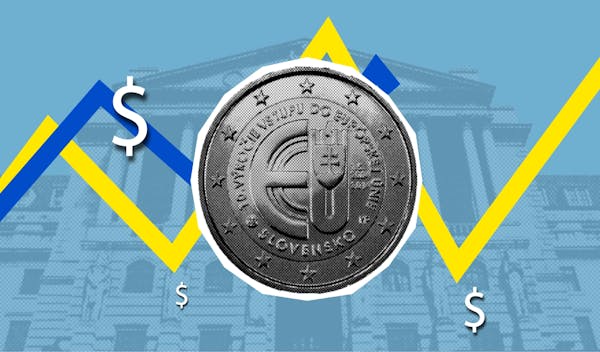Hook: A major shift in how banks handle cross-border payments is underway, and Deutsche Bank just made a bold move to support it. Here’s why this $80 million funding round matters and why you should pay attention.
The Big Picture:
Partior, a blockchain company, has raised $80 million in its Series B funding round, with Deutsche Bank being one of the major investors. This marks a huge step for both Partior and the financial world. You might be wondering, why does this matter to you? Here’s why: Partior’s technology is reshaping how money moves across borders, and banks are betting big on it.
Founded in 2021, Partior has already made waves by offering a blockchain-based solution for cross-border transactions. Its platform allows financial institutions to process payments instantly and securely across different currencies, something that’s traditionally been slow and expensive.
Why It’s Important:
- Blockchain in Banking: This investment shows that even traditional banks like Deutsche Bank are looking to blockchain as the future of payments. For years, centralized financial systems (like banks) have controlled how money moves around the world. But Partior’s blockchain technology offers a decentralized way of doing this, which can make transactions faster, cheaper, and more secure.
- Cross-Border Payments Revolution: Partior’s main product, the global unified ledger, acts as a bridge for real-time clearing and settlement of multicurrency payments. This could transform how businesses and banks transfer money between countries. The potential here is massive, as banks and financial institutions around the world face increasing pressure to adapt to the changing economic landscape.
- Deutsche Bank’s Validation: Deutsche Bank, one of the largest banks globally, jumping into this funding round is a major validation of Partior’s potential. When a financial giant like Deutsche Bank invests, it signals confidence in the startup’s technology and vision. It shows that blockchain is no longer a niche technology but a mainstream solution that established institutions are embracing.
Steps and Key Terms to Remember:
- Series B Funding: This is the second round of funding for a startup after the Series A round. The fact that Partior has raised $80 million in Series B shows strong investor confidence and growing interest in its business model.
- Blockchain: This is the technology behind cryptocurrencies like Bitcoin, but in Partior’s case, it’s used to make cross-border payments faster and more secure. It’s a decentralized system where transactions are verified by multiple parties, making it harder to manipulate or hack.
- Global Unified Ledger: This is Partior’s key product—a blockchain-based ledger that facilitates secure and instant multi-currency settlements between financial institutions. Think of it as the digital “highway” where global payments travel quickly and safely.
- Cross-Border Transactions: This refers to the movement of money between different countries. Traditional cross-border payments are slow and costly, but blockchain can solve that problem.
Why This Matters to You:
Understanding these developments is crucial if you’re interested in the future of money and blockchain technology. Whether you’re thinking of investing in cryptocurrencies, working in the tech field, or just trying to understand the shifting landscape of finance, knowing how blockchain is disrupting traditional banking systems gives you a leg up. The fact that banks are starting to use blockchain for real-world applications is a big sign that blockchain is here to stay and will likely play a key role in the financial world for years to come.
This shift opens up new opportunities in financial inclusion, transparency, and technology, which could lead to new ways of handling transactions—and could even open doors to innovations you never thought possible.
So, keep an eye on Partior and other blockchain-driven companies because they’re paving the way for a future where banks and blockchain work together, and understanding this now could help you stay ahead in the evolving financial world.



